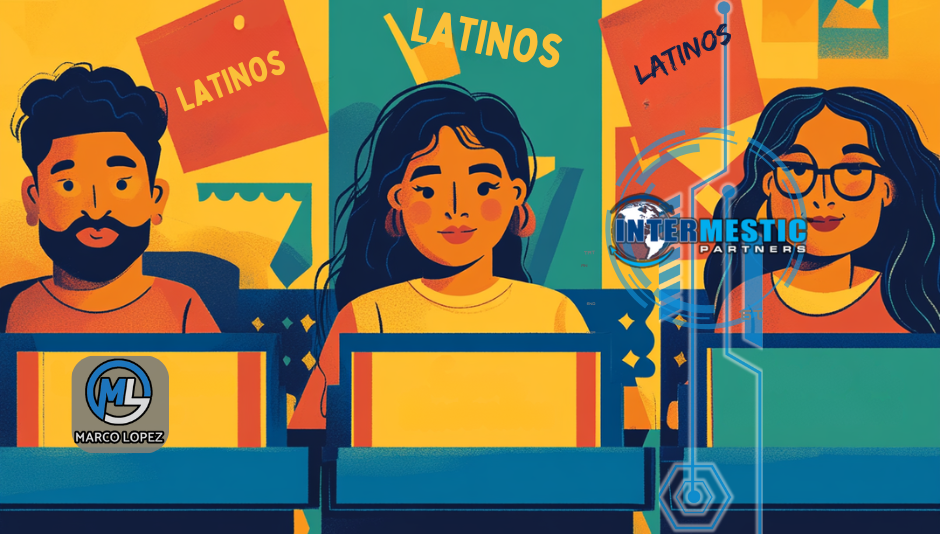
Introduction
The Latino community is a transformative force in U.S. politics, reshaping representation, policies, and election outcomes. Their growing political presence reflects a broader shift in the nation's demographic and cultural landscape, with implications that extend across party lines and national priorities.
Historical Context
Breaking Barriers to Political Engagement
Latino political involvement was once limited due to systemic barriers. The 1965 Voting Rights Act marked a turning point, empowering Latinos to participate in elections and increasing their political influence.
The 1976 presidential election highlighted the impact of Latino voters, contributing to Jimmy Carter’s victory and setting a precedent for their pivotal role in battleground states like California, Texas, and Florida.
Growing Mobilization
Over decades, Latinos have overcome obstacles to become a significant voting bloc. From grassroots efforts to national campaigns, their collective voice has shaped local and national elections.
The Present Scenario
Rising Latino Leaders
Figures like Alexandria Ocasio-Cortez and Ruben Gallego exemplify the community's political ascent. These leaders bring unique perspectives to national debates, amplifying Latino issues in Congress and beyond.
Shifting Voting Trends
Latino voter turnout is steadily increasing. While many align with the Democratic Party, variations based on origin, age, and immigrant status highlight the community's diversity. Key issues like the economy, immigration, and healthcare guide their decisions, as seen in recent elections.
Challenges Facing Latino Voters
Language and Cultural Barriers
Despite progress, language barriers and cultural differences can alienate some Latino voters. Campaigns predominantly in English often miss opportunities to engage bilingual and Spanish-speaking populations.
Voter Suppression
Latino voters face obstacles like restrictive voting laws and gerrymandering. Organizations such as the ACLU actively combat these challenges, advocating for equitable access to the ballot.
The Impact of Immigration Policies
Immigration remains a central issue for Latino voters. Policies like DACA have mobilized the community, influencing voter turnout and shaping political priorities. Latinos demand comprehensive reforms that reflect their contributions to the nation’s economy and society.
Future Prospects
Expanding Influence
As the Latino population grows, so does its political power. Projections suggest that Latinos will play a critical role in shaping policies, influencing elections, and redefining the political landscape.
Emerging Leaders
The rise of young Latino politicians signals a bright future. Figures like Ocasio-Cortez inspire a new generation, while a growing number of Latino candidates pursue leadership roles across the country.
Conclusion
The Latino community’s journey in U.S. politics is a testament to resilience and progress. From breaking barriers to becoming a decisive voting bloc, their influence is undeniable. Challenges persist, but the continued growth of Latino representation and political participation points to a promising future for both the community and the nation.
Join the conversation about the rising influence of Latino voters. Explore opportunities with Intermestic Partners to shape meaningful change together.
.png)
Interesting information on the changes that have been observed in the political arena of the United States! These new movements are enlightening to watch because they are shaping new dimensions of the country. That is, however, one that has stood the test of time for political culture, much like Rebellion’s aviator jackets. These jackets have long been linked with military history, and it is perhaps no surprise that many political leaders have adopted this look in an effort to capture their vision of the world to come on camera. Keep up the great work!